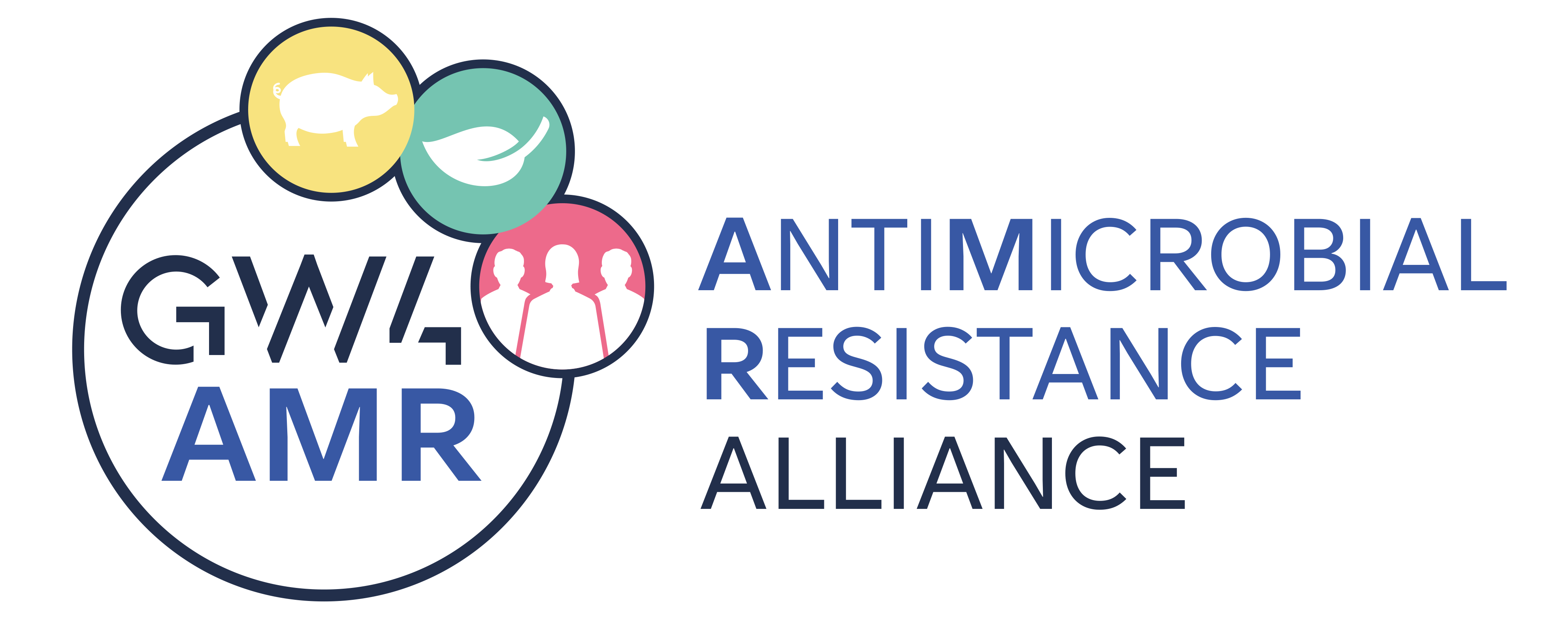The GW4 AMR Alliance applies a One Health approach to tackling AMR. This interdisciplinary approach combines knowledge to provide solutions for human, animal, and environmental health. In line with this, the GW4 AMR Alliance has identified 4 research strands to focus our efforts on that are all equally important to reduce the spread of AMR.
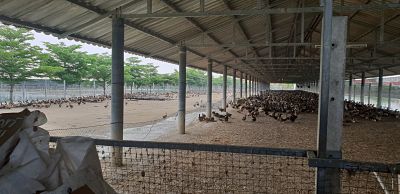
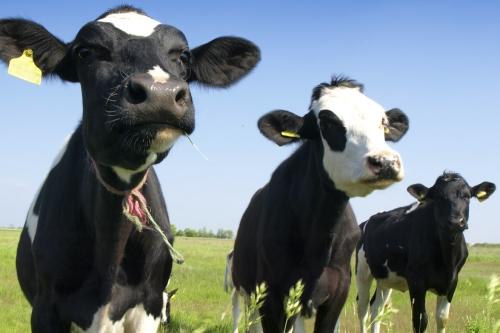
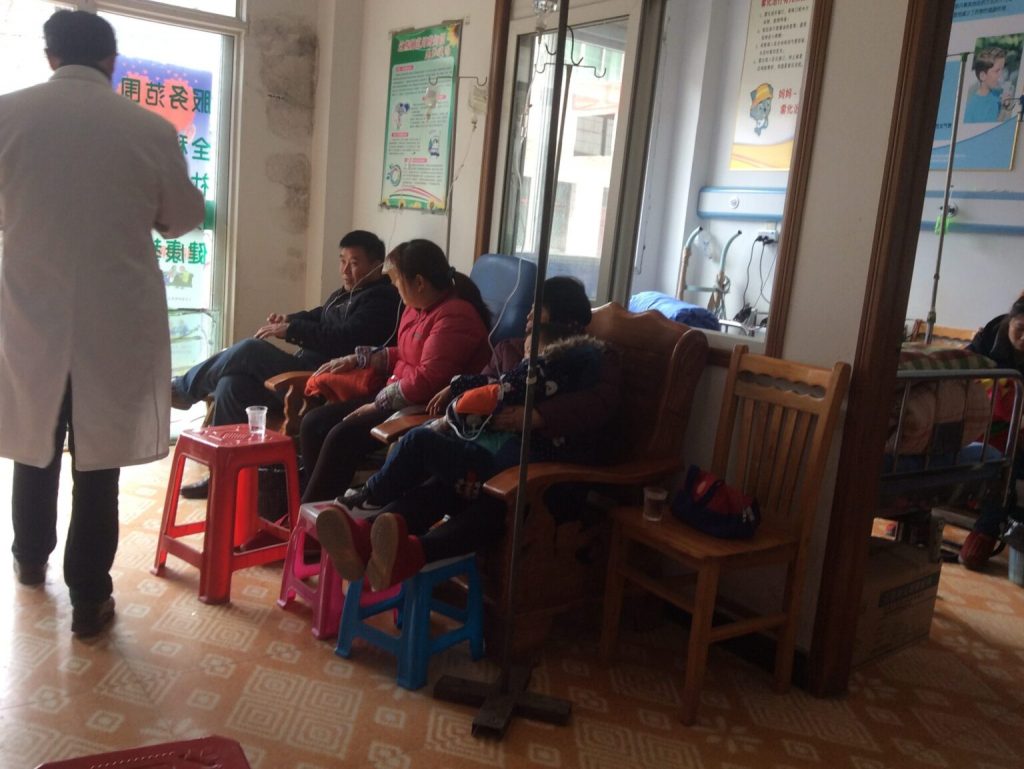
MITIGATing AND MANAGing INFECTIONS IN HUMANS AND ANIMALS
The AMR Alliance focuses on all types of infections to catalyse engagement and maximise the opportunity to coalesce expertise, for example, across genomics, experimental science, drug discovery, diagnostics and clinical, public health and environmental science as well as engage with national and international agencies. This is timely due to the clear links to COVID-19 and patient susceptibility to contracting secondary bacterial and fungal infections. We anticipate that this may lead to further targeted research areas, for example, secondary infections, hospital-acquired infections and community infections.
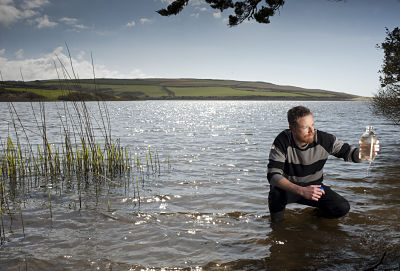
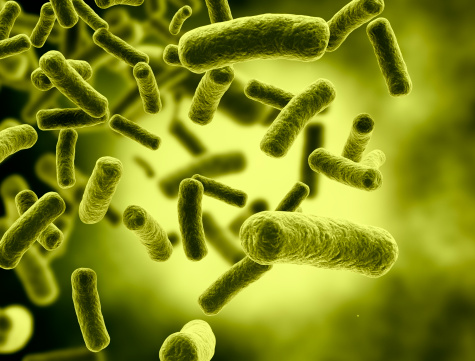
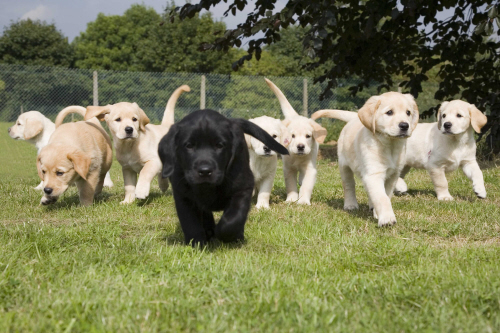
TOWARDS UNDERSTANDING SELECTION AND TRANSMISSION (DRIVERS OF AMR)
Through this complex programme, the AMR Alliance is drawing on novel approaches to problems which are usually disaggregated, and which drive selection, including social practices (e.g. antimicrobial stewardship, regulation and policies, infection prevention control), evolutionary and ecological processes, and their impact on selection (i.e. amplification) and transmission.



TACKLING AMR WITHIN THE FRAMEWORK OF SUSTAINABLE DEVELOPMENT
The AMR Alliance is using a One Health approach to help tackle AMR within the framework of the United Nations Sustainable Development Goals (SDGs). AMR is relevant to six SDGs:
- SDG 2: Zero Hunger
- SDG 3: Good Health and Wellbeing
- SDG 6: Clean Water and Sanitation
- SDG 9: Industry, Innovation and Infrastructure
- SDG12: Responsible Consumption and Production
- SDG 17: Partnerships for the Goals
This topic is inherently interdisciplinary, and we have chosen it to encourage further international engagement with low-and-middle-income countries (LMICs) and enable us to draw on our aligned strengths, for example in:
Food production and global food security through the Bristol Vet School and Rothamsted Research (North Wyke Farm, Devon),
Water through the GW4 Water Security Alliance,
Climate through the GW4 Sustainable Net Zero programme
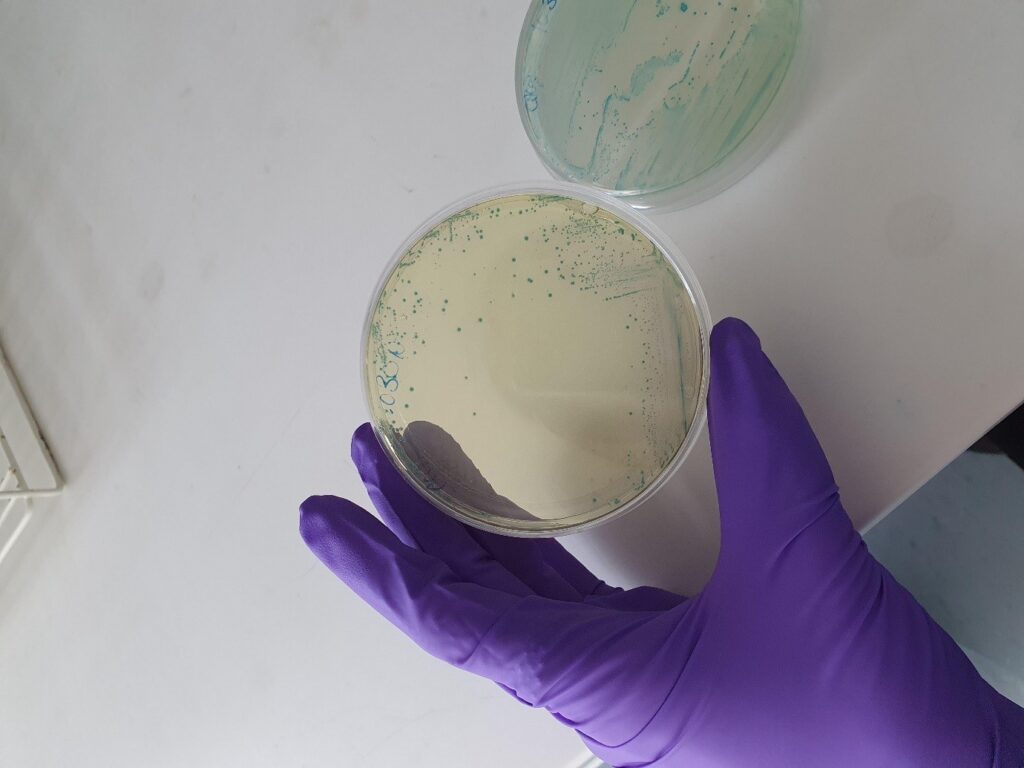
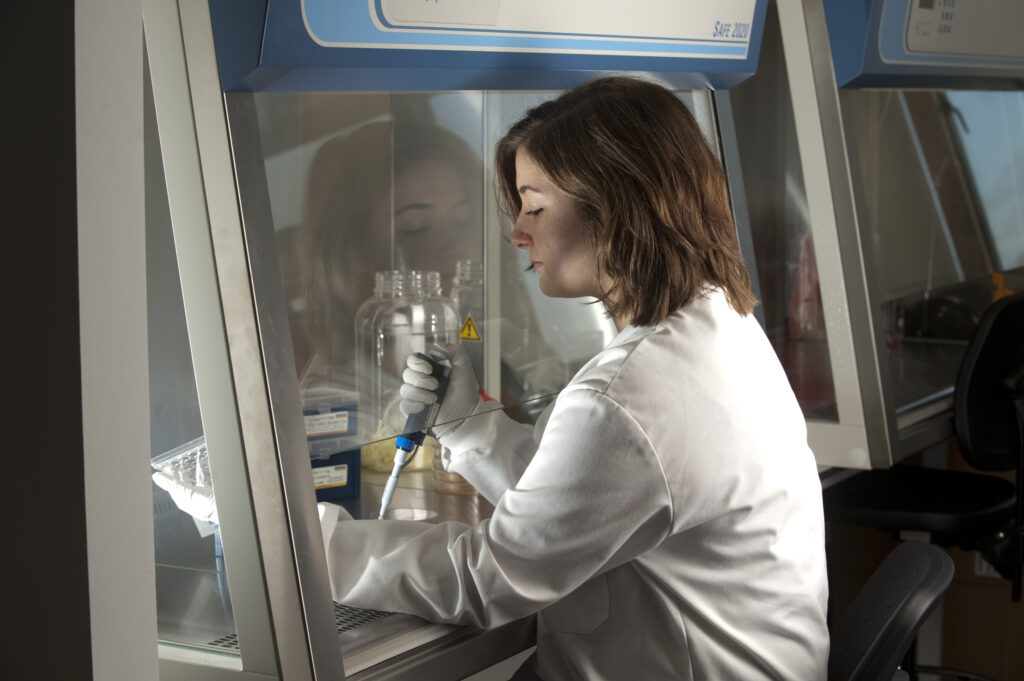
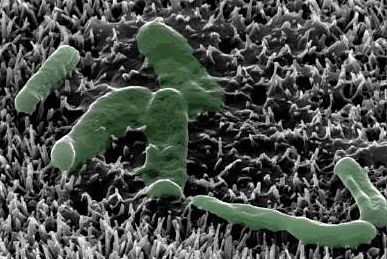
REDUCING AMR, OPTIMISING TREATMENT AND DISCOVERY SCIENCE
The UK Five Year National Action Plan details a strategy to tackle AMR within and beyond the UK. It focuses on the One Health approach across three interrelated keys areas:
Reducing the need for, and unintentional exposure to, antimicrobials by lowering the burden of human and animal infection, minimising the spread of AMR through the environment, better food safety and greater global access to clean water and sanitation
Optimising the use of antimicrobials in humans and animals and agriculture along with stronger laboratory capacity and surveillance of AMR in both humans and animals.
Investing in innovation, supply, and access, through the development of new therapeutics, rapid diagnostics and vaccines, with wider access to those that need them.
